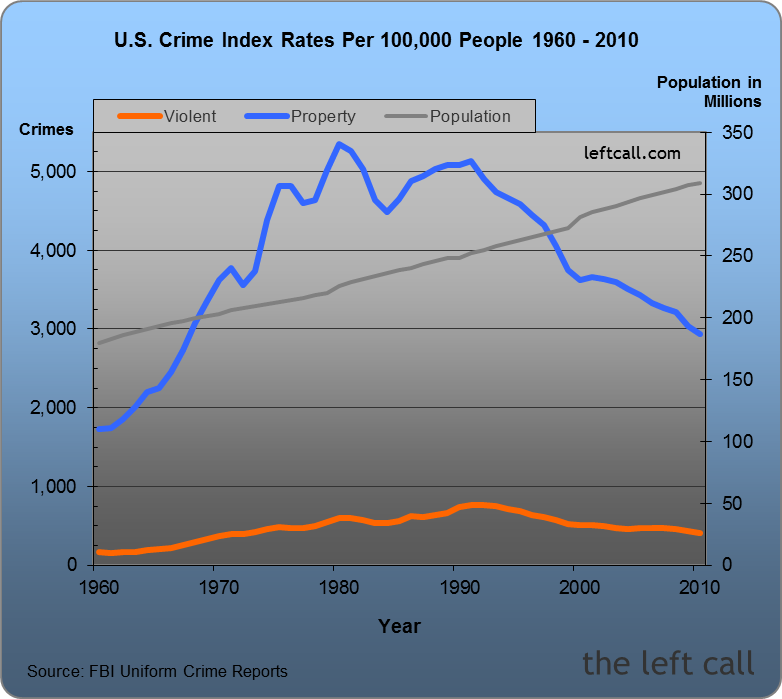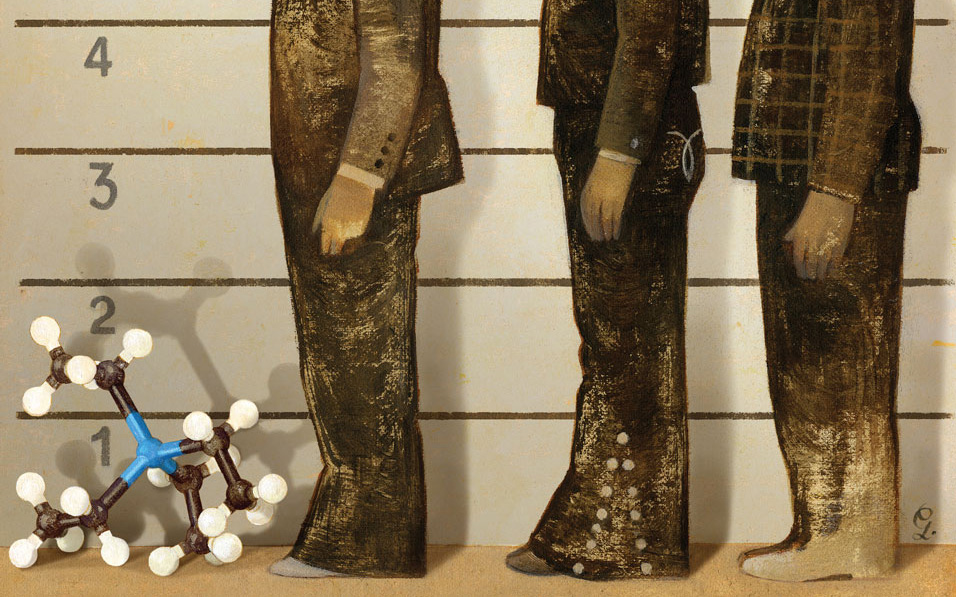GeographyDude
Gone Fishin'
I mean, Senate Democrats went after Eisenhower as relatively weak on defense and for allowing a so-called "missile gap" with the Soviet Union. We later learned that the reason the Soviets were so closed-mouthed is that they were far behind.
What essentially was going on was that slightly younger and healthier men in the Senate were playing macho posturing games with a somewhat older Eisenhower who had had a heart attack.
Point being, if Democrats can play the tough guy on defense. . . they seemingly can play tough on the crime issue as well.
What essentially was going on was that slightly younger and healthier men in the Senate were playing macho posturing games with a somewhat older Eisenhower who had had a heart attack.
Point being, if Democrats can play the tough guy on defense. . . they seemingly can play tough on the crime issue as well.
Last edited:







